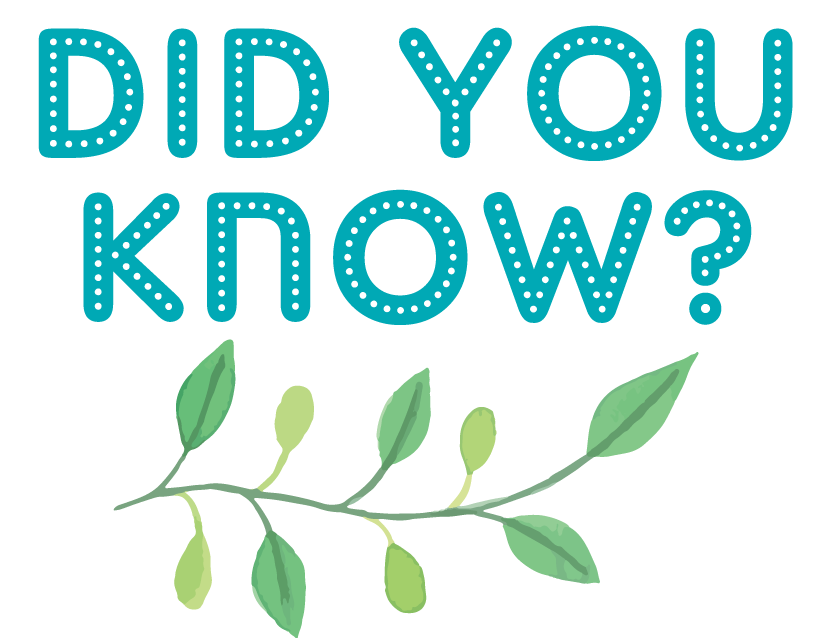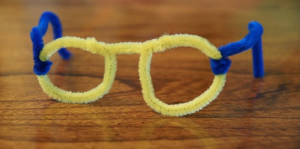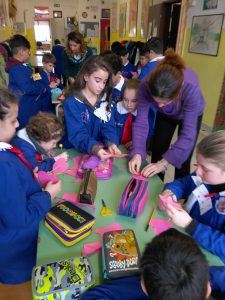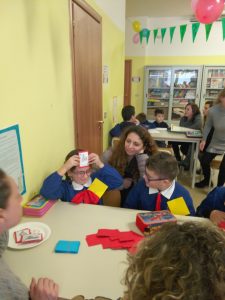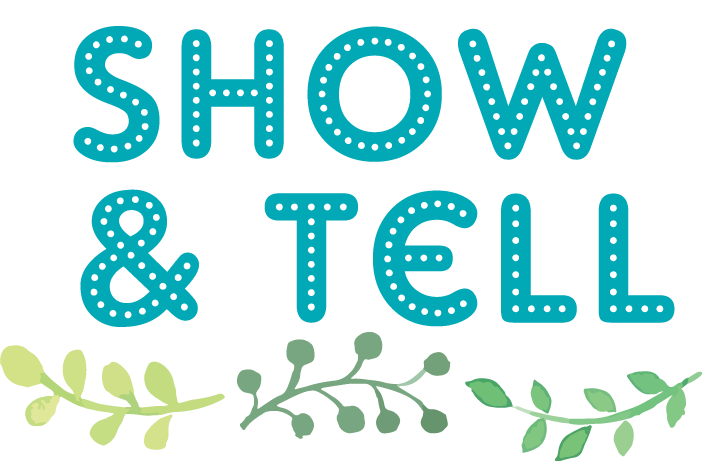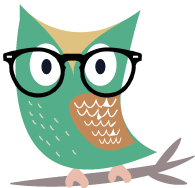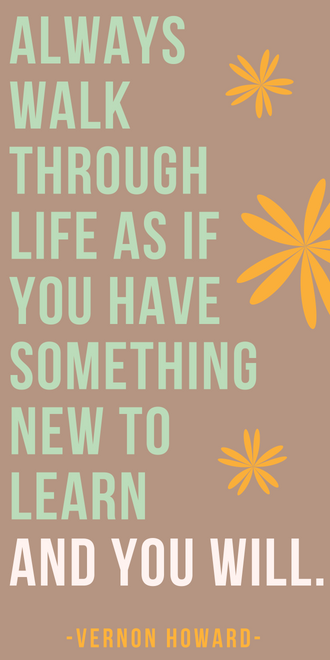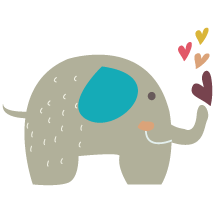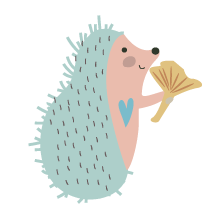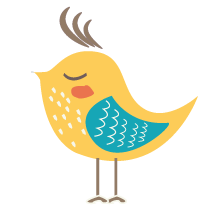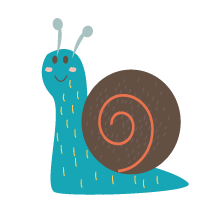
POP-UP Mini Kit Growing Curiosity
A lot of us adults admire kids’ curiosity– their penchant for learning and staying open to the unknown. And, as it turns out, this tendency of theirs is a really beneficial one. Research tells us that curiosity in children is linked to increased brain activity, empathy, and social networks. However, as we adults know, curiosity easily dims with age. This month’s POP-UP Mini Box aims to reinforce and inspire the curiosity for you and the children you love.
Curiosity is a key component to building empathy and good relationships. People who are genuinely curious about the situation of others are more likely to start conversations, make new friends, and forge deep connections. Curiosity means talking about more than just the weather; getting to know a person better means going beneath the surface.
Kitchen Table Question:
“What’s a question you could ask someone you just met to get to know them better?”
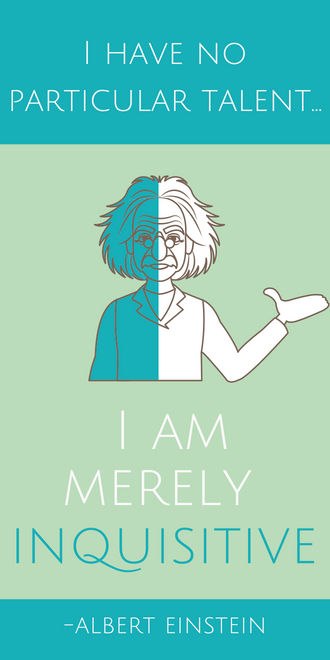
by Jacqueline Kelly
Each month we will be featuring the story of a past POP-Up Festival host. Meet Denise Debartolo, a POP-UP Super-host who has held nearly twenty(!!) POP-UP Festivals.
1. In what country were your POP-UP Festivals held? They were held in southern Italy, in Calabria and the last one in Padoa, which is a city in the region of Veneto, in northern Italy.

Mini POP-UPs
Activities to try now
Map
Volunteers & Partners
Media
Spread the Word!
Partners
Become a Partner

